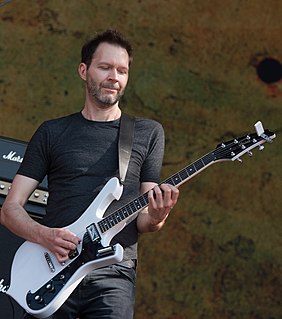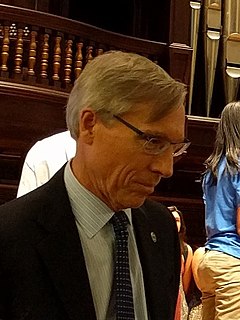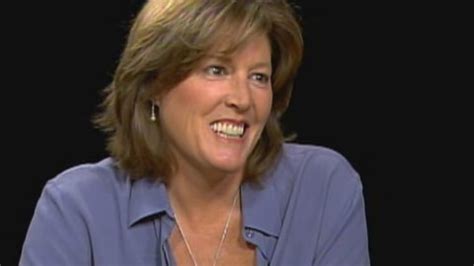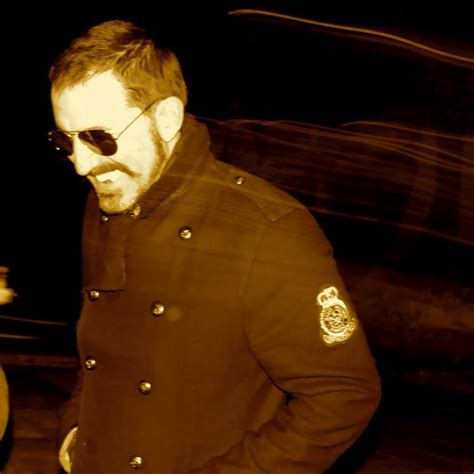A Quote by David Eddings
I taught in a small teacher's college for three or four years, at which point all the administrators got a pay raise and the teaching faculty didn't.
Related Quotes
My first official teaching job was at GIT, which was fantastic because I wanted to pay the rent and I got to stay in the building, which is an inspiring place to be - the vibe was there. My first gig was doing private lessons. It went great. Then they decided to promote me to a classroom teacher. I taught a class called Single String Technique.
I focus on faculty, as opposed to facilities, budgets, endowments or students. I do so because I believe, based on many decades of work as a teacher, a scholar and an administrator, that the quality of the faculty determines the quality of the university. Everything else flows from the quality of the faculty. If the faculty are good, you will attract good students and you will have alumni who will raise funds for you.
I'd like to give every young teacher some good news. Teaching is a very easy job. Administrators will tell you what to do. You'll be given books and told chapters to assign the children. Veteran teachers will show you the correct way to fill out forms and have your classes line up.And here's some more good news. If you do all of these things badly, they let you keep doing it. You can go home at three o'clock every day. You get about three months off a year. Teaching is a great gig.However, if you care about what you're doing, it's one of the toughest jobs around.
The most important change, and it's been going on for at least three decades, is the increasing "professionalization," if that's a word, of the faculty. By professionalization I mean the tendency of faculty members to have Ph.D.'s in their academic specialties, and for these specialties to be ever more narrowly defined. The higher-rated schools may have chief executives in residence or retired execs on three-year teaching fellowships, but the days when most faculty members had considerable prior experience as businessmen or women - those days are mostly over.
The purpose of studying Buddhism is not to study Buddhism, but to study ourselves. That is why we have teaching. But the teaching is not ourselves. It is some explanation of ourselves. To study the teaching is to know yourselves. That is why we do not ever attach to the teaching, or to the teacher. The moment you meet a teacher you should leave the teacher, and you should be independent. You want a teacher so that you can be independent. So you study yourselves. You have the teacher for yourselves, not for the teacher.



































